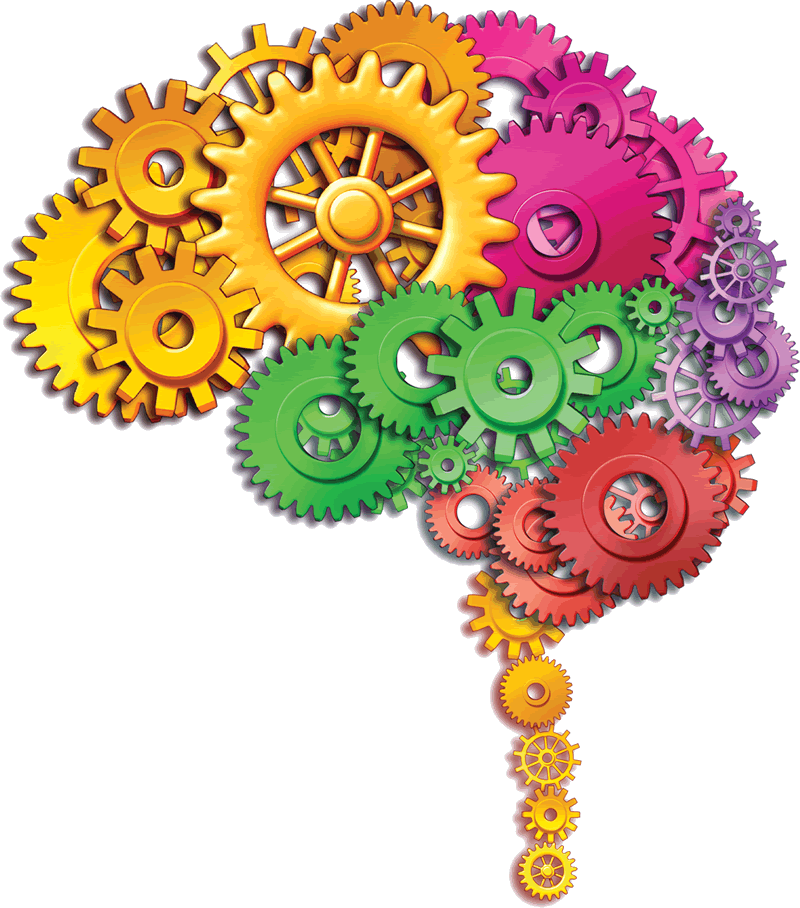 01786 406 363
01786 406 363 
Who can we help?
Learning to read and write is one of the most complex things we do. In the modern world, where so much communication is written, the ability to read and process language is essential.
Strong reading and writing skills are crucial to success in all aspects of life, for example, studying for exams and maximizing potential in the workplace. While learning to speak often comes naturally, learning to read can be challenging, as we need to learn how to transform the written word into speech.
Despite good teaching, it is estimated that about 30% of children struggle with reading and writing, challenges which often persist into adulthood. In many cases, these difficulties are identified as dyslexia. The reality is that dyslexia is just one of many barriers to learning which can seriously affect self-confidence and achievement.
Dyslexia can be defined as having difficulties with reading, writing and spelling. Dyslexia presents in many different ways and everyone has their own blue-print. For example, some people with dyslexia can read and perform well orally but find it takes them longer to process information. These processing difficulties often go unnoticed and people can suffer in silence for many years, not realising there is help available.
Do any of these symptoms sound familiar?
- Difficulty with reading?
- Spelling problems?
- Writing difficulties?
- Difficulty with comprehension and understanding?
- Auditory processing issues?
- Visual processing/stress?
- Problems with working memory and poor recall?
- Avoiding tasks involving reading or writing?
Organisational ability? - Problems dealing with numbers?
- Information processing?
- Struggling to concentrate?
- Self-esteem issues?
Brain imaging research has shown that poor readers have fewer reading brain circuits, and this makes reading hard work and too slow for good comprehension to develop. Cellfield's specialised program has been designed to help with the challenges presented by unaddressed language issues. Our program is designed to help both children and adults and aims to stimulate and bond the auditory, visual and motor pathways in the brain. This ensures the student makes a sustainable transition into reading with fluency and good comprehension.





